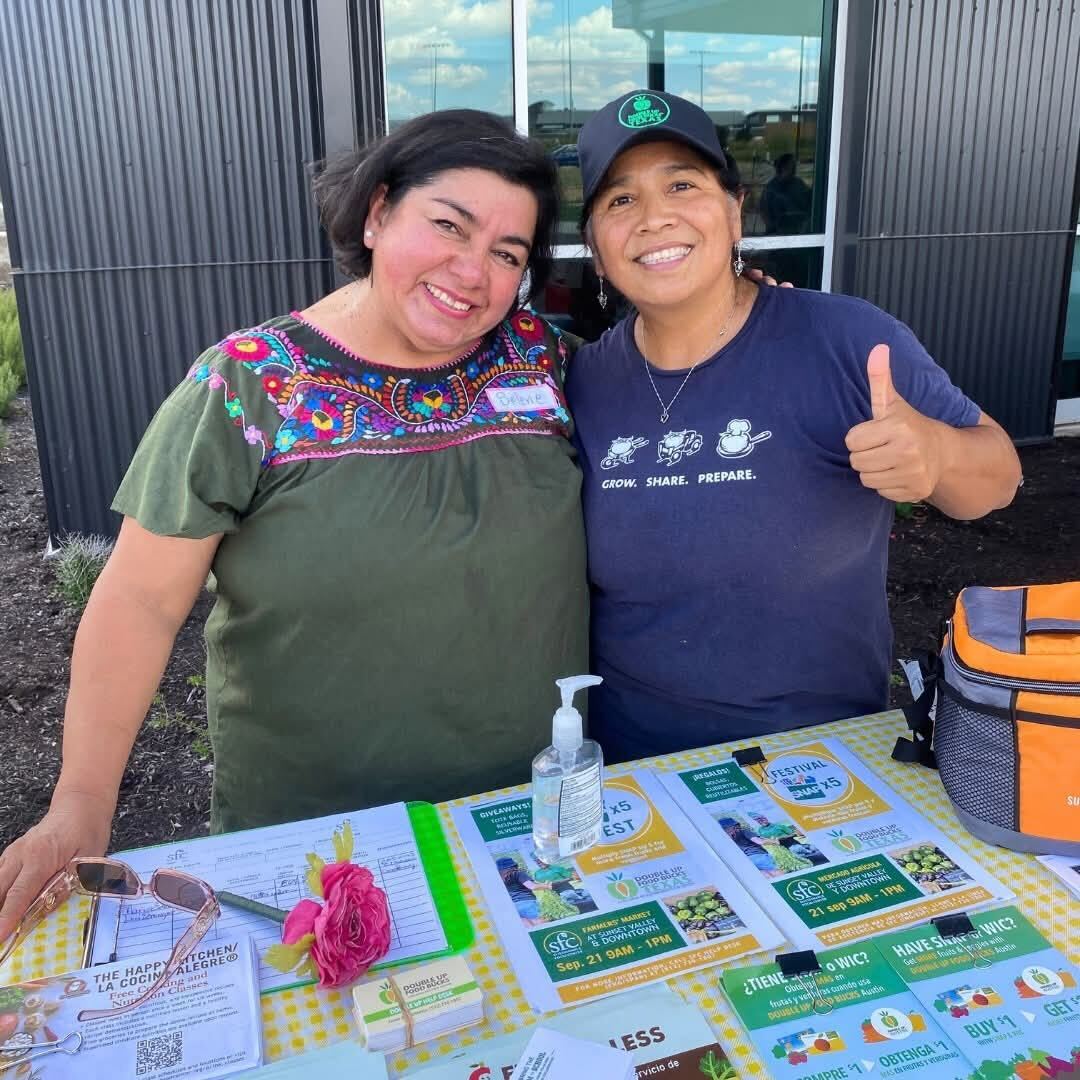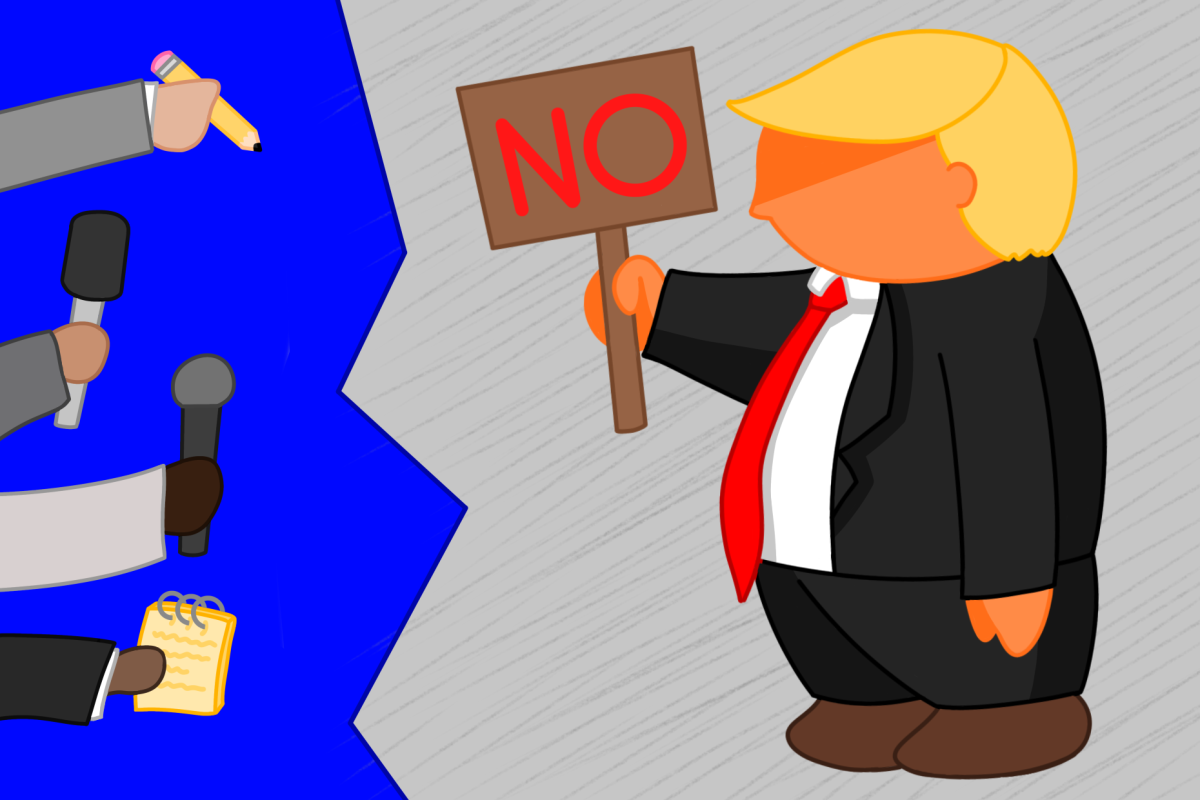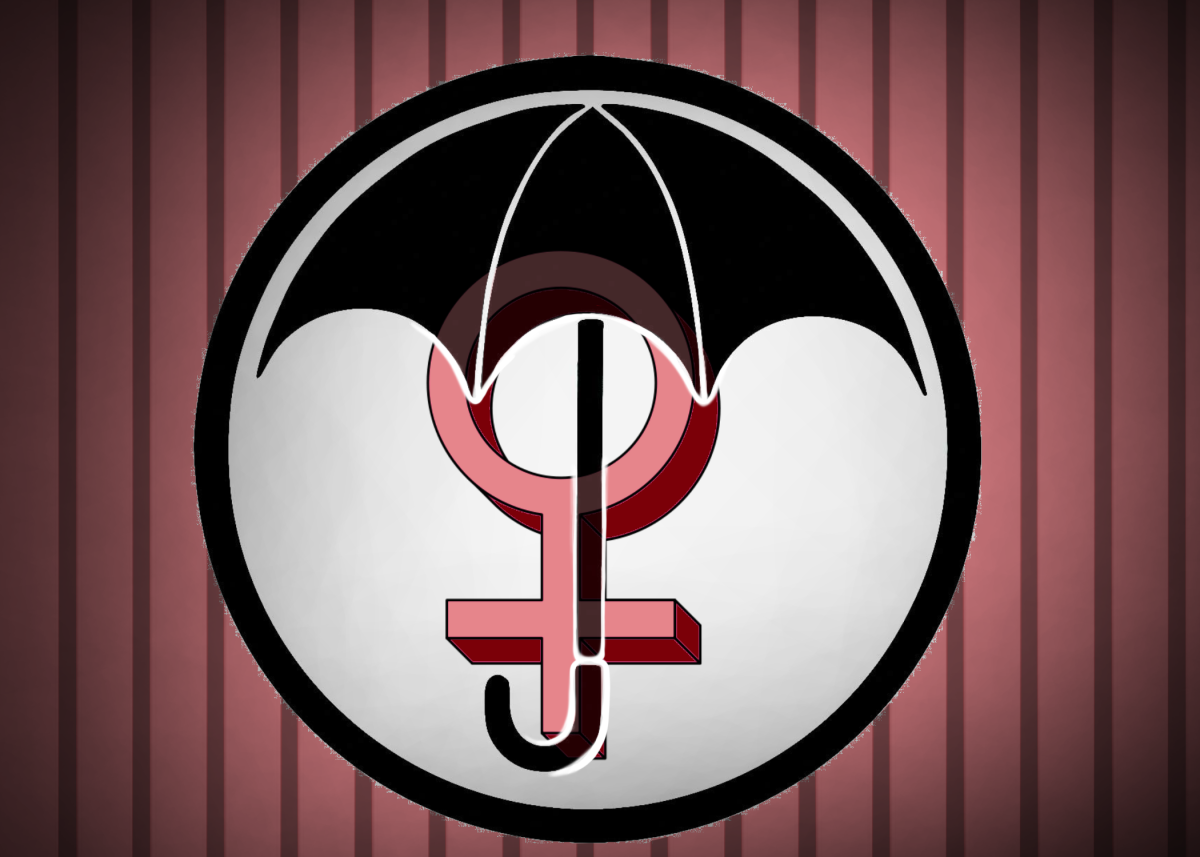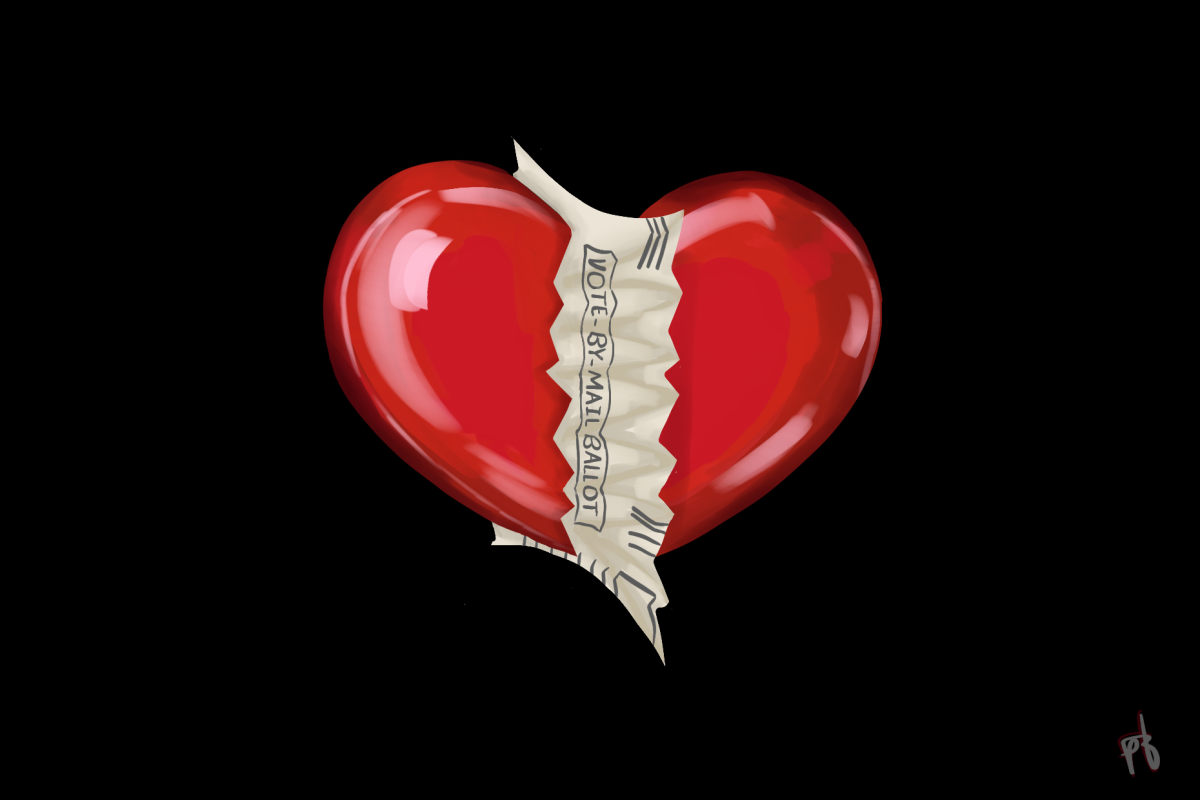Why I love “The Umbrella Academy” but not the way it treats women
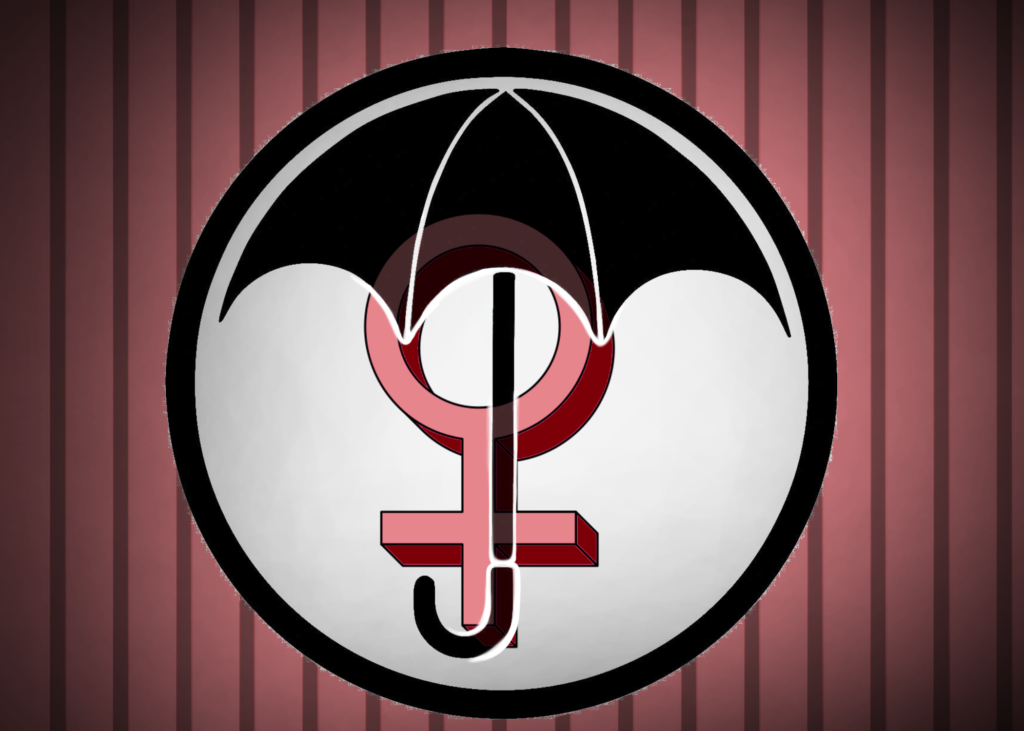
**WARNING! This post contains spoilers for the first season of Netflix’s “The Umbrella Academy.” Reader discretion advised.**
Christ on a cracker! Gerard Way fans rejoice because “The Umbrella Academy” is set to premiere its second season on July 31. The Netflix original show received an outpouring of fan love upon its initial release last February.
“The Umbrella Academy” is smart, funny and full of action. What it is lacking is positive female representation. All the women in this show are either killed off or their roles are determined by the men around them.
The show follows an adoptive family made up of seven siblings, each equipped with their own unique superpowers. Number One has super strength, Number Two can hold his breath indefinitely and is very skilled in close-quarter combat, Number Three can alter reality with a simple lie, and so on and so forth. At the center of the family is the harsh, foreboding father figure, Sir Reginald Hargreeves. He brought the siblings together and exploited their powers without giving them the love one usually receives from a father.
Being a single father is no easy task, even for a rich British man. So, Reginald created a mother figure for the seven children: Grace (played by Jordan Claire Robbins). Grace is a smiling, doting robot…literally, she’s a robot. She cooks, cleans and plays the role of “mother” perfectly. A perfect foil for Reginald’s stern demeanor. And the beginning of a very troubling pattern in the “Umbrella Academy” array of characters.
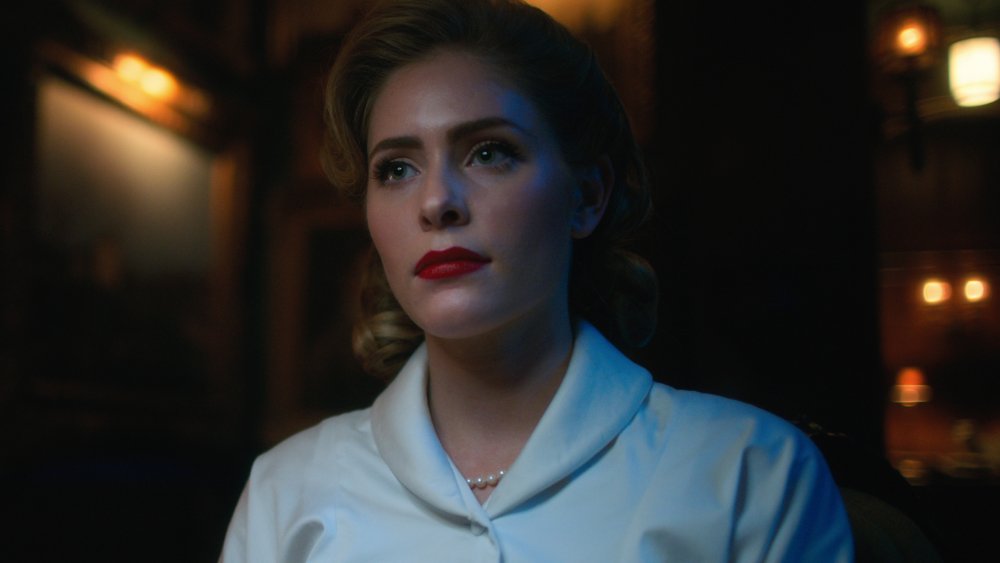
When Number Seven (her real name is Vanya and she is played by the incredible Ellen Page) was younger, her powers made her completely unmanageable. Reginald tried to introduce her to a multitude of nannies/”mothers” but she destroyed all of them. The only one that stuck? Grace, the blank-staring 50s-style housewife whose only purpose is to listen to her man (her creator, mind you) and take care of her children.
This is not an attack on mothers or wives; I’m addressing a harmful stereotype that has perpetuated for decades. A stereotype that’s troublesome to see in one of the most popular shows released in the past few years. I would hope there would be more dimensional roles for women at this point.
I would also hope women of color wouldn’t be seen as expendable in this day and age. But writers let me down all the time. Helen Cho (played by Emily Piggford) was the first chair in the orchestra Vanya was auditioning for. She was barely seen in the show before she was killed off and her body was left to rot in an attic. Cho felt like a plot device rather than an actual character. We were briefly introduced to her and then she was used for furthering Vanya’s journey. It makes you wonder why the writers chose to use a woman of color as a character destined for tragedy.
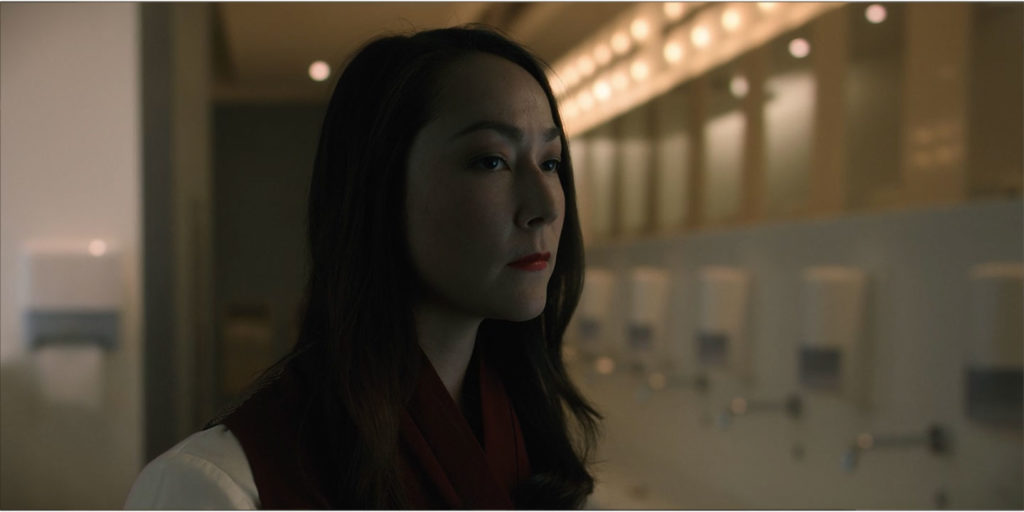
Then there’s Detective Eudora Patch (played by Ashley Madekwe). I really liked her. She was intelligent, independent and she was not afraid to put Diego (Number Two) in his place. It was a bit irritating that one of her main purposes was to be Diego’s love interest but Diego is my favorite Hargreeves so I, personally, was not too bothered by it. I wanted him to be happy.
Patch was looking into strange murders around town that seemed to be linked to the Hargreeves family. This fateful investigation led to Patch’s untimely death. She was shot after finding the show’s two antagonists in a motel. Patch went from a strong female character to being another woman of color killed off for plot progression.
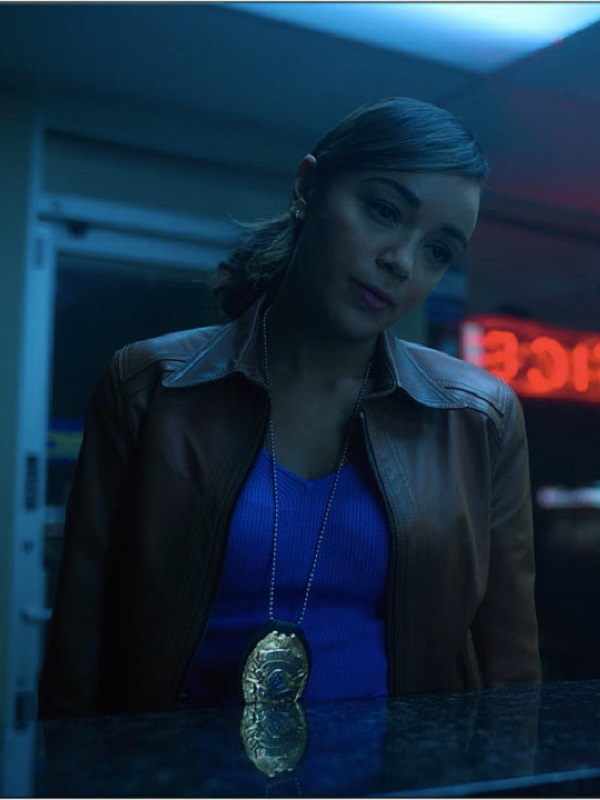
While the scene where Diego cries over her body serves as a great moment for the audience to sympathize with the second Hargreeves, it is incredibly frustrating that Patch died for seemingly no reason. Patch didn’t have to die but, unfortunately, women of color are apparently still seen as dispensable in media.
As previously mentioned, there were two main antagonists for “The Umbrella Academy”’s first season: Hazel and Cha-Cha. They were assassins sent to kill Number Five, the sassy youngest sibling whose history is too intricate to get into right now. (Just watch the show, they explain it better than I ever will.) Cha-Cha was played by the incomparable Mary J. Blige. She was strong, ruthless and seemingly indestructible. That is until Hazel falls in love with a local waitress. Once Hazel becomes distracted, Cha-Cha becomes enraged. Despite their mission to kill Number Five, she vows to kill the couple, punishing them because Hazel abandoned his job.
She is focused on getting the job done, which I can respect. What bothers me is that it is heavily implied that Cha-Cha has romantic feelings for Hazel and that’s part of the reason she loses her shit. If Cha-Cha were a real person, not a fictional television character, she would probably ditch her lovey-dovey partner and get the job done herself. But, no. She’s a woman in a television show so her entire persona is dependent on the man she’s with. The man she probably has feelings for. To quote Miranda Priestly: groundbreaking.
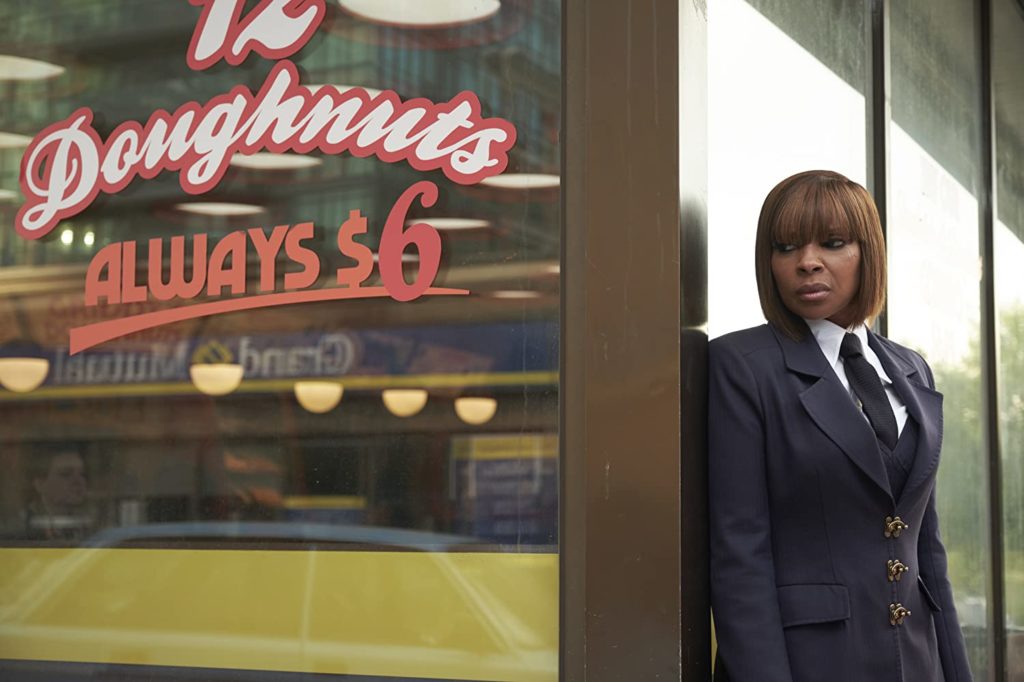
Another, perhaps unsuspecting, antagonist of the show is Vanya. Vanya’s character troubled me in two ways and neither of them had anything to do with the fact that she was a villain. In fact, I think the world needs more female villains. First, Vanya is completely undermined for most of the season. She supposedly “doesn’t have any powers” but it was actually Reginald repressing her powers with medicine since she was a child because she was too strong. (Again…watch the show if you don’t know what I’m talking about.) Anyway, because she has “no powers,” everyone treats her like she doesn’t exist. They speak down to her, think she has no spine and generally gaslight her into silent submission. It is a horrid routine that many women are all too familiar with.
Vanya meets Leonard. Leonard is a dick. He is the second issue I have with Vanya’s characterization. Throughout the season, Vanya doesn’t have the confidence to stand up for herself. Leonard gives her that confidence through his “love” and “support,” which, of course, we find out is all a ploy to weaponize Vanya and get revenge on the Hargreeves for an age-old grudge Leonard has. Men really ain’t shit, huh? (Kidding…sorta.) Anyway, I wanted Vanya to find strength within herself. I always want women to find strength within themselves. I’m tired of men ostensibly handing it to them or helping them achieve it. We are perfectly capable of doing it ourselves and I want to see that reflected in the content we consume.
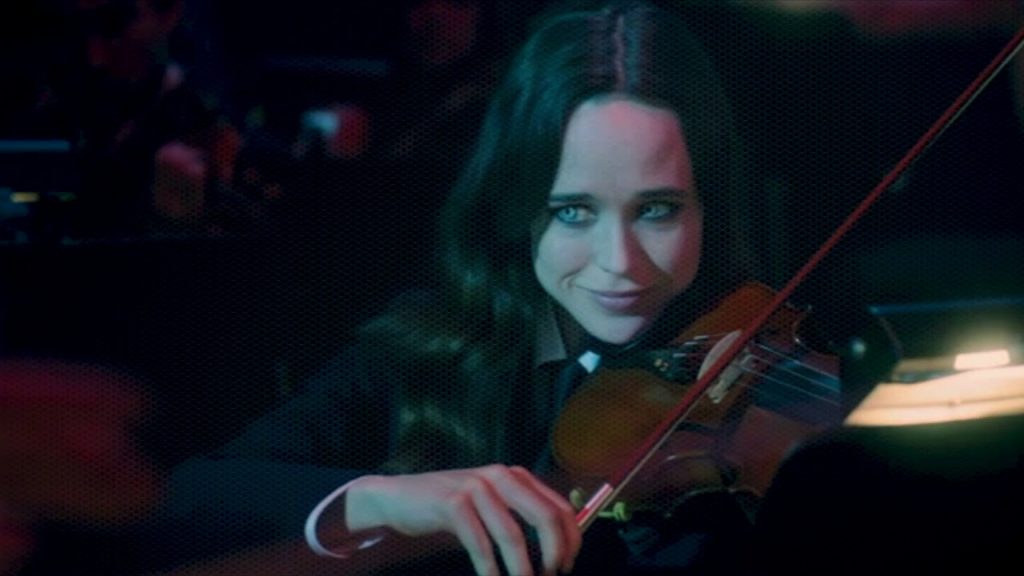
Finally, we get to the most atrocious act of them all. One of the strongest Hargreeves is Number Three (her real name is Allison and she’s played by Emmy Raver-Lampman), the sibling who can alter reality by saying the words “I heard a rumor…”. Allison also has this weird romance with Number One (whose real name is Luther and whom I have a strong dislike for) but that’s not my biggest grievance, although it is a grievance. Allison was flawed, this is true, but I was also very fond of her. She was a strong leader, a loving sister and someone who had gone a little mad with power. I thought she was a well-rounded character. Which obviously meant to the writers that she had to silenced. Literally. Towards the end of the season, Allison had a falling out with Vanya as she began coming into her powers. In the skirmish, Vanya accidentally slashed Allison’s throat. For a terrifying moment, we were left wondering if Allison was even alive.
Allison thankfully survived the ordeal but she was left mute. Her vocal cords must have been severed by the blow. (I don’t know how anatomy works or if that’s even possible, but it happened.) The one Hargreeves constantly using her voice to stand up for herself and others was quelled by violence. Not to mention the fact that Allison is yet another woman of color harmed within the show. It’s very upsetting to see but at least she wasn’t killed off, I guess? It sucks that I have to say that.
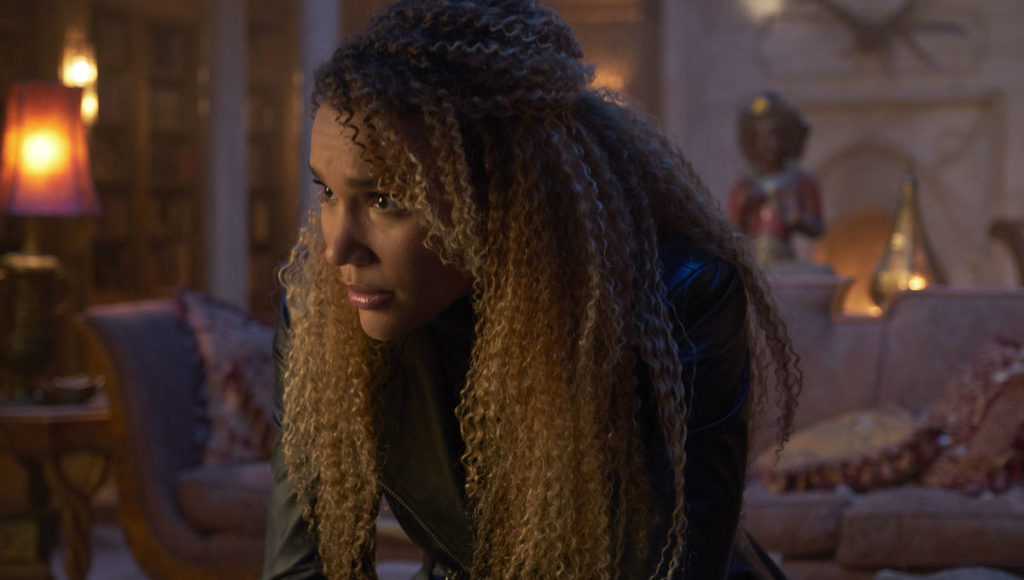
Ellen Page, Emmy Raver-Lampman, Mary J. freaking Blige. The cast was brimming with talented women and they were all let down by poor writing/character development. I’m not the first one to notice the unfortunate trend of female representation in “The Umbrella Academy” and I hope I’m not the last. Here’s to hoping the new season brings positive change.





